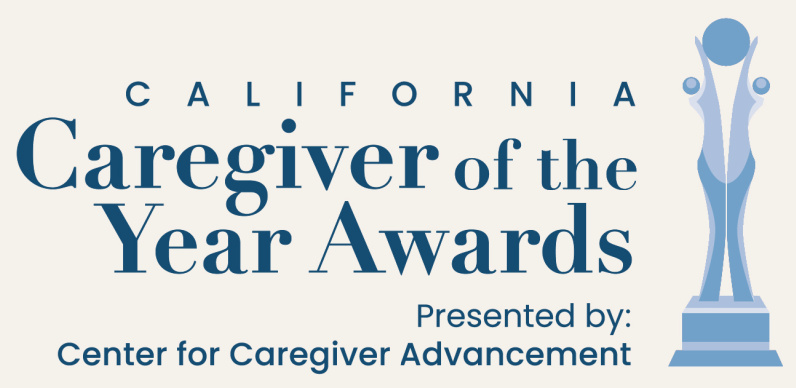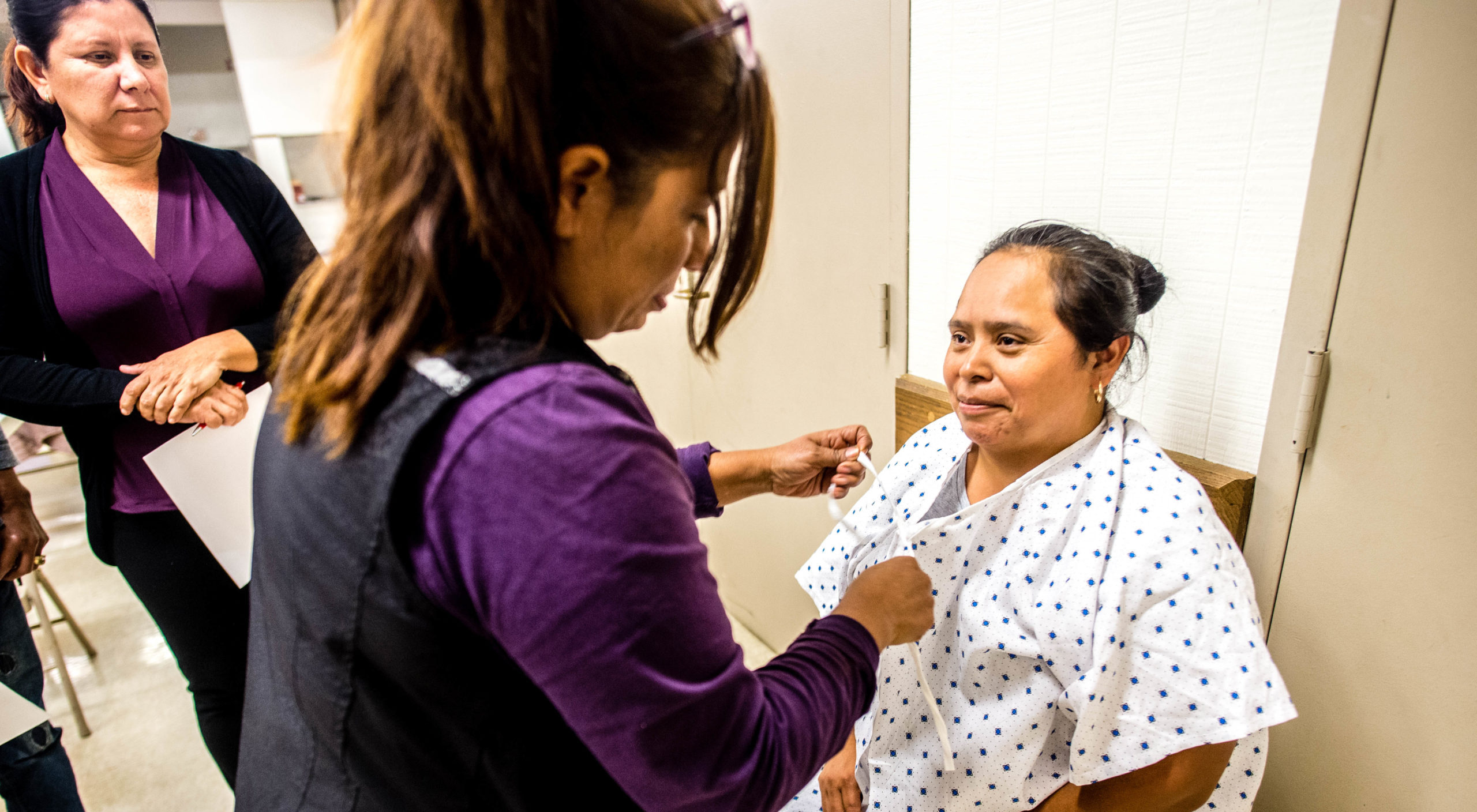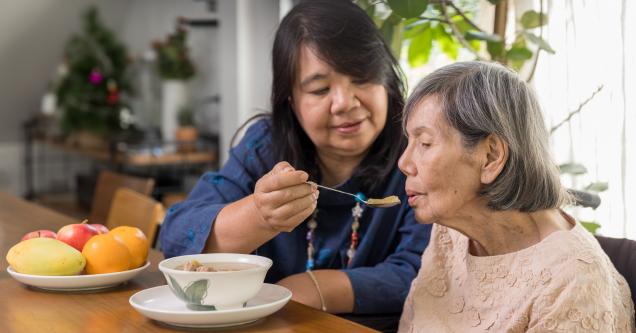Training caregivers to be first responders in climate-related disasters can play a critical role in protecting California’s seniors and people with disabilities, helping them recover and build climate disaster resiliency. The Center for Caregiver Advancement (CCA) has been addressing this need for specialized climate disaster training, thanks to a grant from the California Workforce Development Board (CWDB).
CWDB recently announced that CCA, formerly the California Long-Term Care Education Center, is one of the recipients of its latest round of High Road Training Partnership (HRTP) grant awards. The grants, totaling $8.9 million, fund sector-based workforce development projects in several industries and areas that are critical to the state’s strategy for a just recovery from the COVID-19 pandemic and economic crisis while addressing climate change and community resilience.
“The COVID-19 pandemic, on top of increasingly dangerous wildfires, extreme heat, and power shutoffs, has emphasized the essential role that caregivers play each and every day, taking care of our loved ones and providing critical services that many Californians can’t live without. This HRTP grant will give us the resources to prepare hundreds of in-home supportive services (IHSS) and nursing home workers to respond to health and climate related emergencies,” said Corinne Eldridge, CCA President and CEO.
CCA will receive a little more than $1 million for its Caregiver Resiliency Project, which will train 500 caregivers in the next two years on how to prepare for, respond to, and recover from adverse climate change impacts, most notably fires, power outages, extreme weather, and pandemics. By increasing the long-term care industry’s ability to plan for climate disasters on behalf of California’s most vulnerable communities, CCA’s project will positively impact the region’s climate resilience and contribute to reduced carbon emissions, transportation emissions, and water use. The project will train In-Home Supportive Services (IHSS) providers and nursing home workers, which may include CNAs and dietary, housekeeper and laundry staff.
“We are excited to support these partnership projects that are leading the nation in showing how workers, employers, and communities can and must work together to build an equitable, inclusive clean energy economy. We have an opportunity to advance quality jobs and accessible pathways for underserved communities,” said Dr. Angelo Farooq, CWDB Board Chair. “This productive infrastructure enables California’s high road employers to compete and flourish.”
This round of grant awards funds 11 innovative projects in transportation electrification, building decarbonization, offshore wind, tribal forest restoration, long-term care, and other industries. The projects are located throughout California in Los Angeles, the San Francisco Bay Area, Sacramento, San Luis Obispo, Kern County, rural communities in Fresno County, and the Greater Sierra Nevada region in rural Northern California.
The selection of these projects reflects the state’s priorities in mitigating and adapting to climate change through technology and innovation as well as nature-based ecological solutions. They also highlight the importance of healthcare workers and caregivers in supporting community health and resilience, especially as climate-related threats and disasters increase and become more severe.
ABOUT THE PROJECT
The Center for Caregiver Advancement’s Caregiver Resiliency Project is part of the California Workforce Development Board’s High Road Training Partnership, which is funded through California Climate Investments, a statewide initiative that puts billions of Cap-and-Trade dollars to work reducing greenhouse gas emissions, strengthening the economy, and improving public health, and the environment — particularly in disadvantaged communities.
ABOUT CCA
The Center for Caregiver Advancement is the largest provider of training for long-term care workers in California. Our mission is to build the workforce of highly trained caregivers that many Californians can’t live without. Founded in 2000 by the long-term care workers who are now members of Service Employees International Union (SEIU) Local 2015, CCA provides quality educational opportunities to long-term care workers so they can build better lives for themselves and the consumers they serve. CCA serves two specific groups of workers: In-Home Supportive Services caregivers and nursing home workers in residential care and skilled nursing facilities.





























